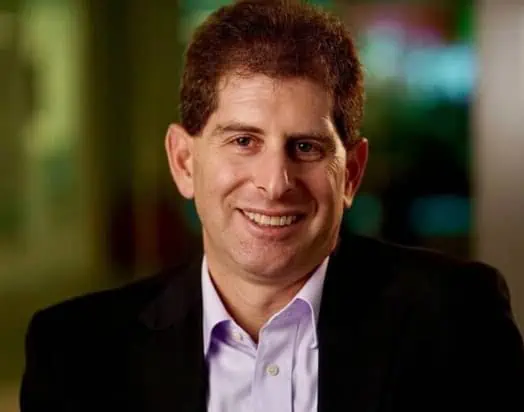
Guest: Bryan Reimer, research scientist. MIT
Listen to our podcast:
While the robotaxi fiasco continued to unfold on the streets of San Francisco, we got together with Bryan Reimer, a research scientist at MIT. We asked: What needs to happen next for the Autonomous Vehicle (AV) industry and the public to establish confidence in robotaxis?
Reimer responded forcefully: “My biggest advice to Cruise is to stop all services in San Francisco and reboot. … You can’t take a constituency that’s been so soured and turn that positive overnight.”
Knowing how [automation] interacts with the human is just as important as AI innovation,
Bryan Reimer
Reimer has studied human factors for a long time. He played an essential role in founding the Advanced Vehicle Technology (AVT) Consortium, whose goal is to establish private and public sector collaboration in understanding the human element in automation.
To succeed with advanced driver assistance, which is AVT’s primary focus, knowing “how [automation] interacts with the human is just as important as AI innovation,” Reimer noted. But the human element is also playing out with fully autonomous robotaxis in San Francisco. People are not comfortable with robots and the robots are getting in the way of the first responders because they can’t read challenging situation like humans do. Examples of non-human robot mistakes have been piling up.
In 2018, Reimer gave a TEDx talk, entitled “There’s more to the safety of driverless cars than AI.” His focus was “transparency,” and on the “trusted information consumers need” before driverless cars become the future of mobility. Reimer’s central theme was the need for the public sector, which is responsible for protecting the safety of consumers and public roads, to collaborate with the private sector. Only together can they apply road testing to a full spectrum of understanding about how this future might work.
Bryan Reimer’s TED talk in 2018: “There’s more to the safety of driverless cars than AI”
Reimer was hoping that such a public-private collaboration would be similar to a clinical trials’ framework developed by the FDA.
In clinical trials, each step and even over to phase four, you’re looking for transparent data to come back.
Bryan Reimer
In clinical trials, “you start with very small test samples in the lab, and you move forward through the phases of clinical trials to larger populaces. If you don’t pass phase one – small group testing – you don’t go to phase two, which exposes more people. You don’t go to phase three, which is looking for widespread deployment, etc.,” Reimer explained.
What’s important, though, Reimer stressed, is that “Each step and even over to phase four, which is post deployment testing, you’re looking for transparent data to come back.” So, in considering the long-term use of a certain drug, if it’s discovered that it doesn’t hold up to its initial promise, it will be pulled from the market.
Fully autonomous vehicles, “need phased approaches,” stressed Reimer. “You have to prove you can walk before you can run. But that’s not what we are seeing right now in San Francisco.” In the case of Cruise in California, Reimer added, “Phil Koopman [safety expert and associate professor at Carnegie Mellon University], right now, is calling for putting the safety drivers back in there. Because at the end of the day, they never got through proving that this technology was robust enough to move forward to take a safety driver out.”
And yet, the state has given Cruise a pass the FDA would never issue.
It’s discouraging that Reimer’s accurate predictions, cautions and sage advice, offered five years ago in his TEDx speech, are still ignored by regulators and the AV industry’s lobbyists.
Perhaps AV companies will find a way to reboot. But, as Reimer warns, the experiment has reached a point where “we need to go slow” to achieve long term success. “We cannot let the finances drive here. We need to manage the finances to let society win over the long haul.”
Copyright permission/reprint service of a full Ojo-Yoshida Report story is available for promotional use on your website, marketing materials and social media promotions. Please send us an email at talktous@ojoyoshidareport.com for details.
